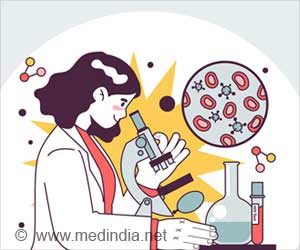The most practical goal for an HIV vaccine is to prevent HIV transmission rather than infection with the virus, researchers said.
The most practical goal for an HIV vaccine is to prevent HIV transmission rather than infection with the virus, researchers said at the four-day AIDS Vaccine 2007 Conference, which began Monday in Seattle, the Seattle Times reports. According to the Times, experts believe a vaccine is the only way to eradicate HIV/AIDS because the most common modes of transmission -- sexual contact, injection drug use and mother-to-child transmission during childbirth or breast-feeding -- are impossible to eliminate completely.
Most current HIV vaccine candidates focus on producing cytotoxic CD4+ T cells, which attack HIV-infected cells in the body, according to conference Chair Lawrence Corey, who also is the principal investigator of the HIV Vaccine Trials Network and the head of virology at the University of Washington. Corey added that such vaccines might not prevent an HIV-negative person from contracting the virus but would delay HIV from progressing to AIDS and prevent transmission to others.Pat Fast, executive director for medical affairs at the International AIDS Vaccine Initiative, said another challenge in vaccine research is that HIV strains vary among people and regions. Vaccine trial participants are chosen based on health standards for industrialized nations, and many people in developing countries are not healthy enough to participate in trials, the Times reports.
A coalition of HIV research groups on Monday released laboratory guidelines targeted at African populations to enable increased participation in HIV vaccine trials. "It makes sense to try (the vaccine) on the population you'll be giving it to," Fast said, adding, "What's normal in Peoria may not be normal" in Africa.
Source-Kaiser Family Foundation
SRM/J











